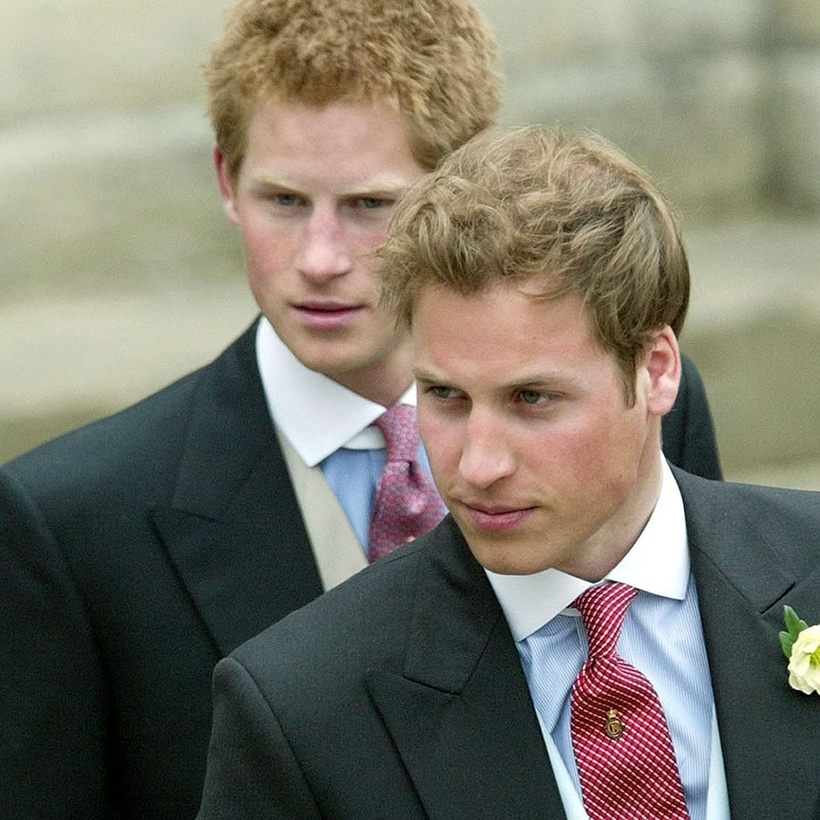Battle of Brothers: William and Harry—The Inside Story of a Family in Tumult by Robert Lacey
In the league of ghastly childhoods — with full-on warring parents, instability and emotional manipulation — Prince William’s and Prince Harry’s were up there with the worst of them. As adults, they have described publicly how their mother’s sudden death affected their mental health, but they have never mentioned the stuff that came before.
Any review of contemporary royal books needs a disclaimer: they all deal in the unverifiable, upmarket gossip of our favorite soap opera. That said, Robert Lacey is one of the better commentators, and he has written this from the credible modern perspective of two unhappy boys whose parents didn’t love each other and who fought excruciatingly intimate battles in public.

